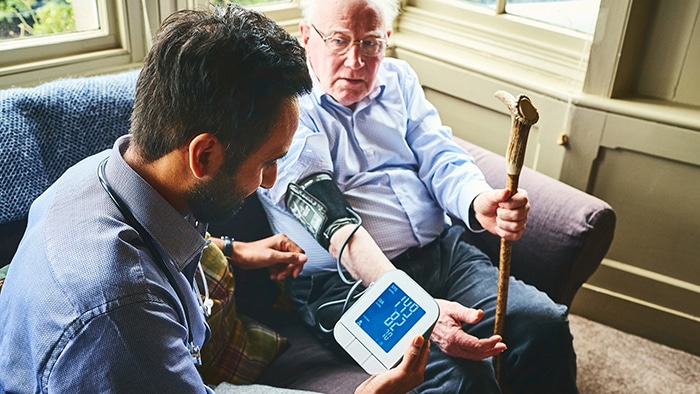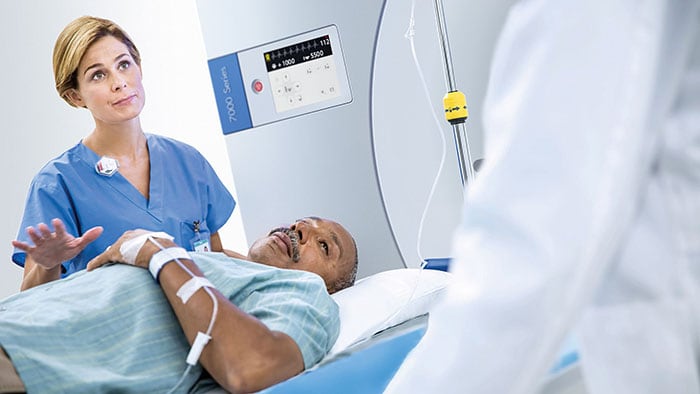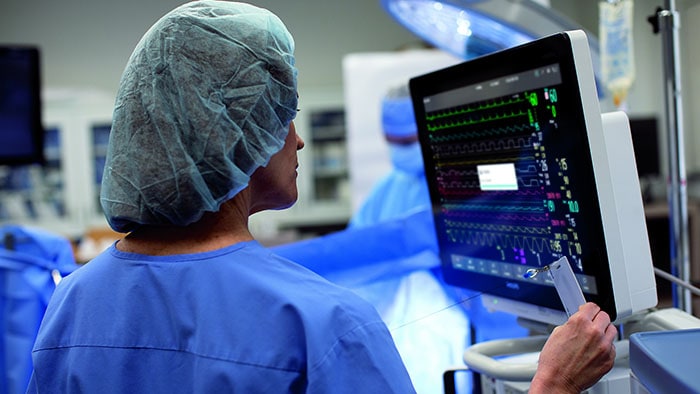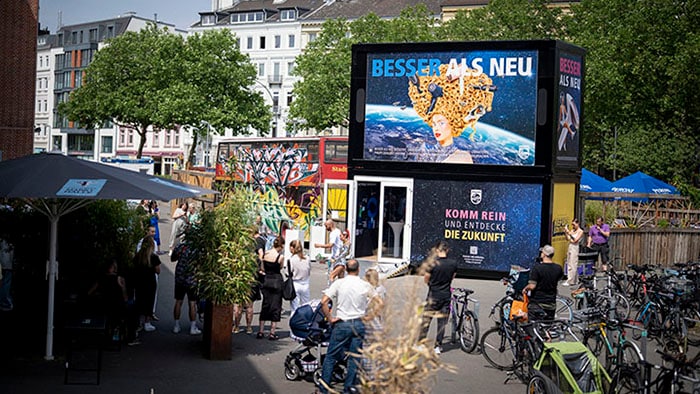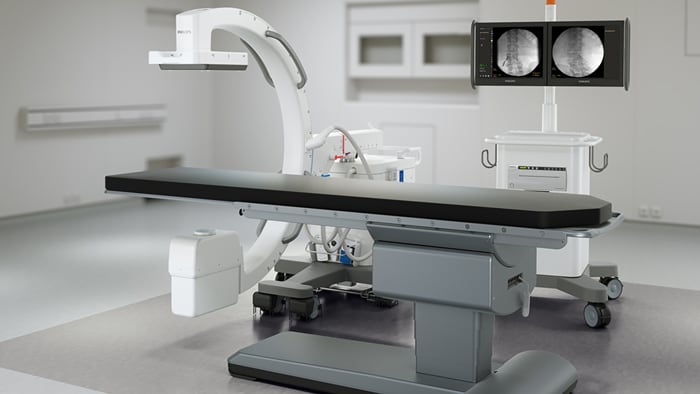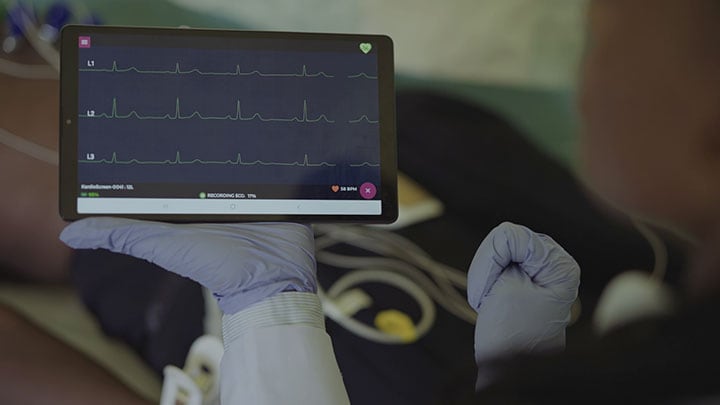Oct 15, 2018
Accessibility, technology and efficiency are top priorities for South Africa’s health system

Johannesburg, South Africa – Royal Philips (NYSE: PHG, AEX: PHIA), a global leader in health technology, today released the South African results of the third annual Future Health Index (FHI). The study builds on data from people and healthcare professionals in 16 countries, representing about 50% of the world’s population, including South Africa.
The 2018 FHI introduces the Value Measure, a new indicator of the value delivered by healthcare systems of developed and developing markets. Combining criteria associated with healthcare efficiency, satisfaction and access to care, the Value Measure provides a benchmark against which system’s progress towards effective healthcare can be evaluated. The report also includes the input from global healthcare experts and provides actionable insights for countries to improve the value that their health systems deliver.
For more details, download here:
For comparative information with other countries, explore more on the Future Health Index website.
According to the latest report, in line with many developing markets, such as Brazil, India and China, South Africa’s Value Measure is below the 16-country average. The low Value Measure of South Africa is due to below-average scores across all factors:
We believe that a value-based, rather than a volume-based approach to measuring health systems, is an important change in perspective to ensure we are having the right conversations around South Africa’s readiness to address healthcare challenges
Jasper Westerink
Chief Executive Officer of Philips Africa
One of the most important findings from the 2018, FHI is that countries with a high Value Measure tend to exhibit high levels of connected care technology adoption. This indicates that integrating connected care technology into health systems can accelerate countries along the path to value-based healthcare. “This is an opportunity for public and private sector alike to come together to bridge these value gaps, and ensure improved, and sustainable quality care across the region,” added Westerink. “And to realise a healthier future, we need to look beyond the healthcare space, for instance, we need to bring more secure servers, and higher internet speeds into the region to ultimately deliver efficient care.” In order to drive these important conversations, and explore the current realities through the lens of the future needs as outlined by the FHI, cross-industry experts today convened at the annual Forbes-Philips Future Health Summit 2018, in Johannesburg. Key topics covered include NHI as a solution to universal healthcare; the importance of preventative healthcare; exploring the reality of a system overload and lack of healthcare professionals; as well as leveraging technology as an enabler – each addressing accessibility, technology and efficiency – to discuss and debate increased trust and better integration that will help build towards a future of healthcare that works for everyone. For additional FHI related content, please visit: www.futurehealthindex.com, or follow the Future Health Summit conversation on Twitter @PhilipsSAfrica. [1] World Bank (2014). [2] World Health Organisation (2015 – 2016).
South Africa lacks a universal health record, and both its data collection and data analytics scores fall below the 16-country average. While both the general population and healthcare professionals in South Africa see the importance of connected care technology in prevention (76% and 81%, respectively) and in population health overall (76% and 78% respectively), the technology is still perceived to be underutilised. In addition, South Africa’s current state of data collection and the small market sizes for AI indicate that there is room for further implementation of artificial intelligence (AI) tools in healthcare.
About Royal Philips
Royal Philips (NYSE: PHG, AEX: PHIA) is a leading health technology company focused on improving people's health and enabling better outcomes across the health continuum from healthy living and prevention, to diagnosis, treatment and home care. Philips leverages advanced technology and deep clinical and consumer insights to deliver integrated solutions. Headquartered in the Netherlands, the company is a leader in diagnostic imaging, image-guided therapy, patient monitoring and health informatics, as well as in consumer health and home care. Philips generated 2017 sales of EUR 17.8 billion and employs approximately 75,000 employees with sales and services in more than 100 countries. News about Philips can be found at www.philips.com/newscenter.
Topics
Contacts

Radhika Choksey Head of Brand, Communications and Digital Philips Africa Tel: +31 62525 9000
Email: radhika.choksey@philips.com


